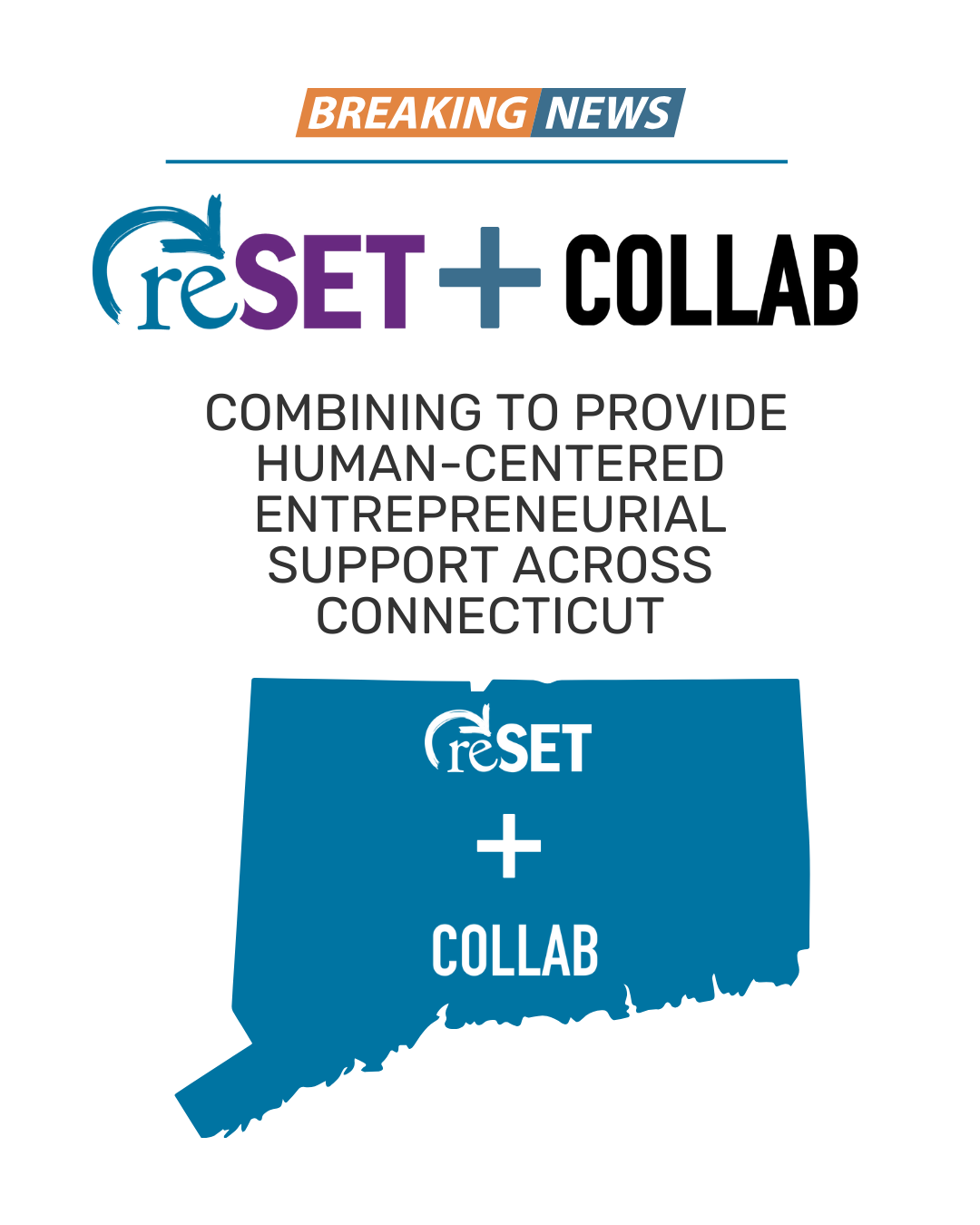Her Second Act: Tech Pioneer Puts People Over Profits
For full Next Avenue article details and related content, please click here. To view the article’s cross-post on Forbes, click here.
New England technology entrepreneur Kate Emery, 56, distinctly remembers when she realized she could either accept the business status quo or chart a path to put people and the planet over profits.
Becoming a parent a few years after founding the Farmington, Conn.-based IT services firm, The Walker Group, in the 1980s shifted Emery’s priorities. “Life became more about wanting to give back and contribute and less about the bottom line,” she recalls. “Also remember that this was the era of Enron, Worldcom and Tyco — a club in which I didn’t particularly want to be a member.”
Emery decided she had three choices: “get with the program and accept business as usual; sell my company or think differently.” A period of research and contemplation followed.
Tinkering With the Laws of Gravity
Emery learned that, in stark contrast to today’s business practices, “social utility” (the notion that some business output should benefit the community or society) historically had been an expected aspect of a corporation’s charter.
“What I came to appreciate is that the laws of business, unlike those of gravity, aren’t immutable,” she recalls. “For example, if employees are our best asset, why do they appear on the expense side of our ledger? Our corporate accounting structure is a convention, but business conventions can and do change, and they need to change again.”
To make her point, Emery says: Imagine if business-world sensibilities played out in our daily lives. “What if we sat around the dining room table and figured out who had contributed the most to the bottom line and then divvied up the dinner accordingly? Or what if we were fine with shipping our kids overseas where maybe they could be raised a little more cost effectively?”
Emery continues: “It seems ridiculous in our personal world, but that’s what we do every day in the business world. And somehow we all accept that it makes sense. But it wasn’t making sense to me, and I wanted to do something differently.”












